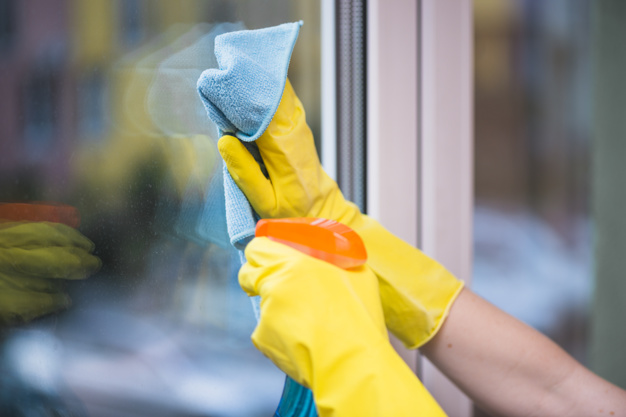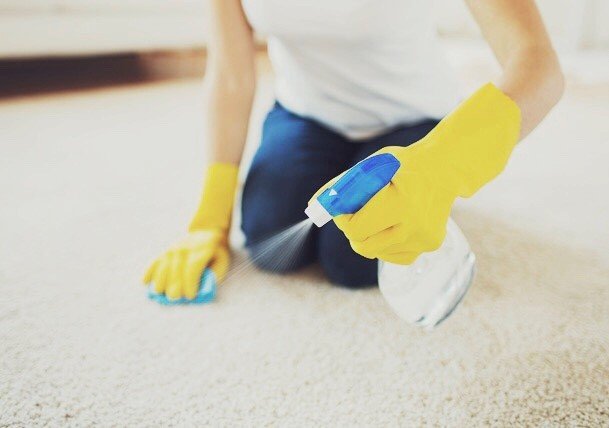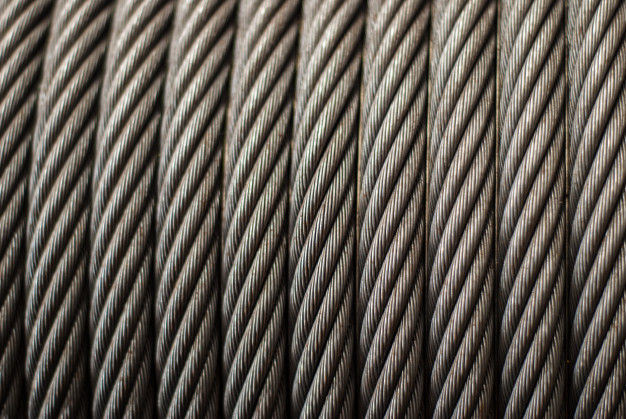There is nothing as wonderful as sunshine to perk up your mood, create a sense of calm, or rejuvenate your spirit after considerable hard work. After all, hotel advertising utilizes actresses and actors walking out into the sun and smiling to instill a sense of relaxation, but scientific studies have shown that sunshine helps boost serotonin levels in your brain (the chemical that boosts your mood).
But, in our busy lives, it isn’t always possible to step outside for a dose of sunshine, leaving the majority of people to rely on their windows. And if that sunlight has to fight through dirt, smudges, and everything else that the weather (or children) have smeared over it, there just isn’t as much of that mood-lifting light reaching you. Ideally, you should wash your windows twice a year, and despite the clear benefit, that is a daunting task. Here are 10 tactics to clean and maintain your windows.
10 Tactics To Maintain Clear Windows:
1. Gather Your Materials:
It is important to have the right materials to clean your windows. Using the wrong ones will leave you with dirt and smudges regardless of your vigorous scrubbing. A squeegee is a superior choice over a rag, which will move the dirt from one part of the window to another. With a squeegee, you can pull all the dirt to the bottom without transferring a single spec. For small-paned windows, you may require a sponge instead of the squeegee to fit in tight spaces. And lastly, you will need several clean rags for sills, sashes, and drips.
2. Cleaning Solution:
Next, you will need the right cleaning solution, two gallons of water mixed with 1 teaspoon of dish soap or equal parts water and vinegar. This amount of soap creates fewer suds and thus less soap residue to smear a clean window.
3. Pick the Right Day:
Windows should not be cleaned on any day. It may seem sensible to pick a warm sunny one (after all, a little sunshine is beneficial), but the sun will dry up the cleaning solution before it can be wiped away. Therefore, a cloudy day will give you enough time to spray and wipe down your windows without any streaks.
4. Wash the windows:
With a sponge or spray bottle, wet the windows with the cleaning solution. For tall windows, or windows on the second story, you may want a ladder, or you can attach the sponge to a long handle or broom.
5. Dry Immediately:
And then dry the window with the rag or squeegee. For smaller windows, pull the squeegee straight down, but with larger ones pull the squeegee from side to side to clear off all dirt and cleaning solution. Make sure to wipe all drips as it is important to remove the water before the window dries to prevent streaks.
6. Clean the Rest of the Window:
Make sure the clean the sills and sashes as well. They have taken just as much or a beating from the weather (and children) as the glass and deserve a little TLC.
7. Stubborn Stains:
Occasionally, dirt takes a little extra work to clean off, but that doesn’t necessarily mean scrubbing. Apply either straight vinegar and let it sit for 5 minutes or gently rub the stain with a mineral deposit remover before cleaning normally.
8. Saving Time:
If all of this sounds like your whole afternoon, an afternoon that could be spent more enjoyably at the pool or more productively at the office, consider a window cleaning service such as Thistle Perth Window Cleaning. Let someone else do the difficult part for you, while you enjoy all the sunshine benefits.
9. Keeping Windows Clean:
With all the strenuous work and cash spent on cleaning windows, maintain them by vacuuming blinds and window sills inside to keep dust from accumulating.
10. Enjoy:
Now you can enjoy all the mood enhancements that sunshine brings. It is time to relax and enjoy the room. Or, if you are feeling an energy boost with the newfound light, perhaps it’s time to conquer that junk drawer.
Read Also:






















